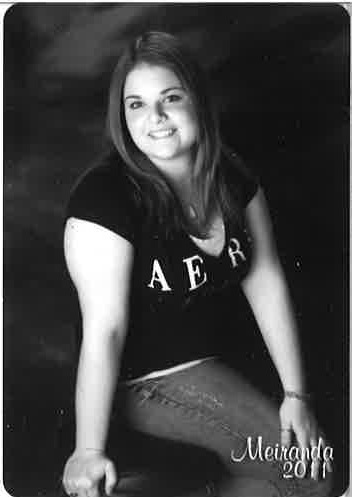Celebration of Scholars
8th Grade Universal Design WWII Unit Lesson Plan
 Name:
Meiranda Patterson
Name:
Meiranda Patterson
Major: History
Hometown: Pleasant Prairie, WI
Faculty Sponsor:
Other Sponsors:
Type of research: Course project
 Name:
Taylor Engle
Name:
Taylor Engle
Major: Education
Hometown: Kenosha, WI
Faculty Sponsor:
Other Sponsors:
Type of research: Course project
Abstract
The goal of our course project was to create a 8th Grade WWII Unit lesson plan that is universal in its design in order to teach all types of students with all types of learning and cognitive disabilities, while also creating a case study for a student with Asperger’s Syndrome. The lesson plan contains many different Universal Design elements that offer a wide range of activities and assignments that would benefit all types of students. Through researching elements and through our own personal experiences, we developed a lesson plan to best aid the student case studies and even beyond that to students in real classrooms that have disabilities that could benefit from a lesson plan as diverse as we tried to make ours. Even those without disabilities but have different learning styles; auditory, visual, etc., could benefit from this lesson plan. We feel that this lesson plan would offer a great deal of informational knowledge to all students and would not intimidate or deter any students from learning about WWII, but instead entice the students to learn in fun and creative ways.
Submit date: March 15, 2013, 12:14 p.m.
